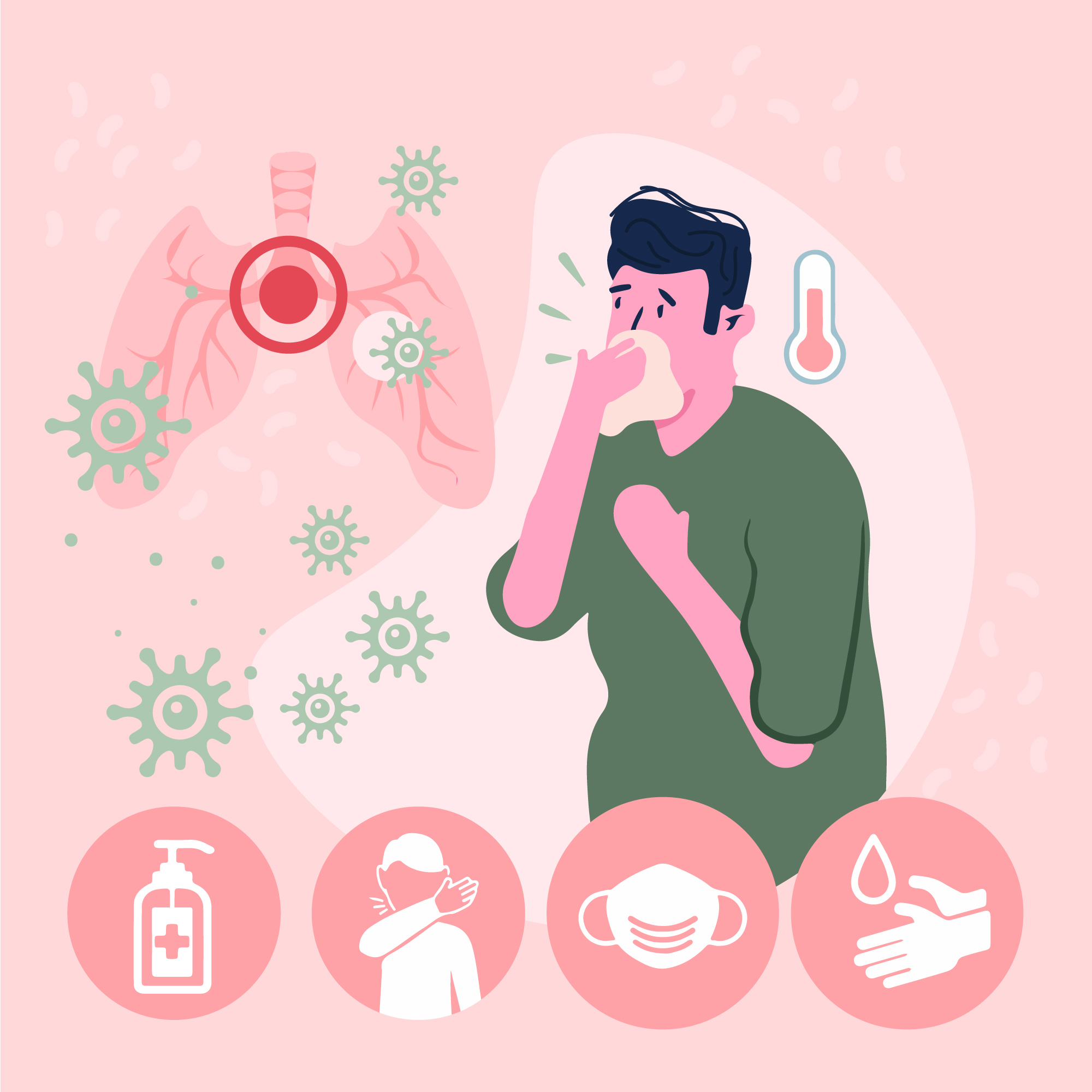
When to Seek Medical Attention for Persistent Dry Cough
Title: Knowing When to Seek Medical Attention for a Persistent Dry Cough
A dry cough can be bothersome, but sometimes it’s more than just a passing annoyance. If you’ve been dealing with a persistent dry cough that just won’t go away, it’s essential to know when to seek medical attention. Let’s discuss some important signs that indicate it’s time to see a healthcare provider.
- Duration: If your dry cough has lasted for more than three weeks or is getting worse over time, it’s a sign that something more serious may be going on. While most coughs will go away on their own within a few days to a week, a persistent cough may indicate an underlying medical condition that requires treatment.
- Severity: Pay attention to the severity of your cough. If you’re experiencing frequent coughing fits that are disrupting your daily activities or making it difficult to sleep at night, it’s a sign that your cough may need medical attention. Persistent coughing can lead to exhaustion, dehydration, and other complications if left untreated.
- Associated Symptoms: Take note of any other symptoms you may be experiencing along with your dry cough. These may include fever, chest pain, difficulty breathing, wheezing, or coughing up blood. These symptoms may indicate an underlying respiratory infection, asthma, or other serious medical condition that requires prompt evaluation and treatment.
- Underlying Health Conditions: If you have a pre-existing medical condition such as asthma, chronic obstructive pulmonary disease (COPD), or gastroesophageal reflux disease (GERD), a persistent dry cough may be a sign that your condition is worsening or not adequately controlled. It’s essential to seek medical attention to adjust your treatment plan and prevent further complications.
- Medication Side Effects: Certain medications, such as ACE inhibitors used to treat high blood pressure, can cause a persistent dry cough as a side effect. If you suspect your medication may be causing your cough, talk to your healthcare provider about alternative options.
If you’re experiencing any of these signs or symptoms, it’s crucial to seek medical attention promptly. Your healthcare provider can help determine the underlying cause of your persistent dry cough and recommend appropriate treatment to alleviate your symptoms. Ignoring a persistent cough can lead to further complications and delay in getting the help you need.
By staying vigilant and knowing when to seek medical attention for your persistent dry cough, you can take control of your respiratory health and feel better sooner.
To seek medical advice, always consult a Doctor. Here are our recommended experts. Click here
To read more on Respiratory disease . Click Here


